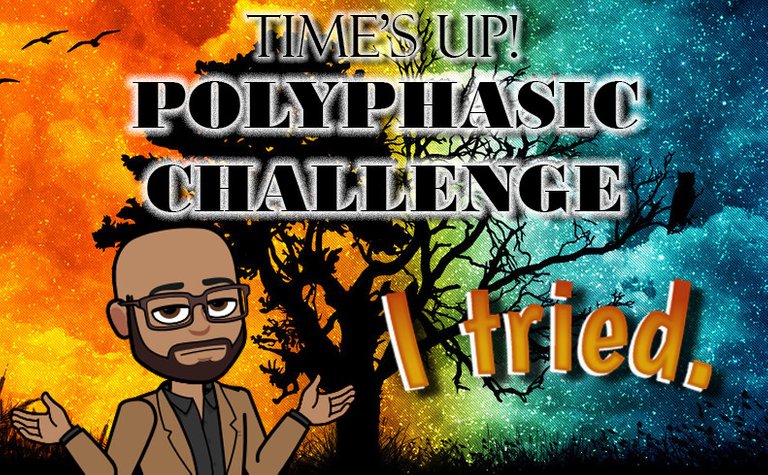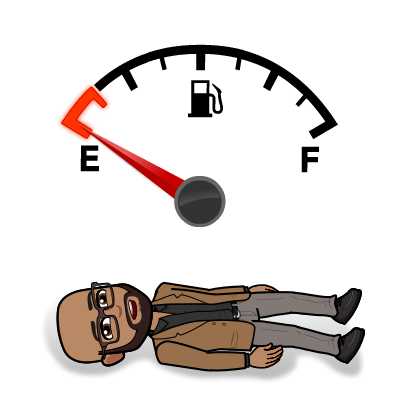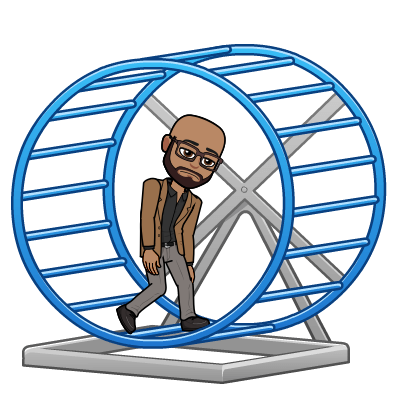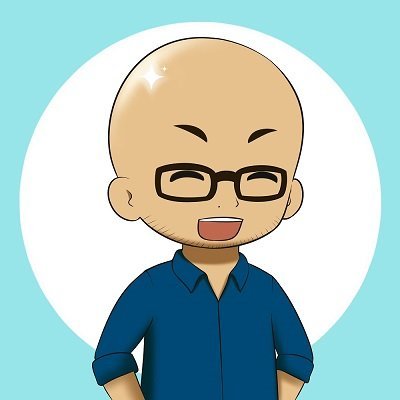I've always wanted to get the most out of life. Anything that it has to offer, I'll take it and make the most of it. One of the things life gives you, is the opportunity to challenge yourself. It's what ultimately leads to growth. It also gives you around 16 waking hours every day to do so, or whatever else you want to do.
I decided I wanted more, and this (and this and this, previously, in that order) is my story.

First, a quick recap.
On February the 27th, I decided to try Polyphasic Sleep in an attempt to squeeze more time out of the day so I could meet deadlines and have enough time to watch some Netflix or read a book.
A week later, I made this post about my experience so far. I had run into difficulties, but nothing I couldn't manage. I was also reaping some of the benefits.
Fast forward to the present day.
I haven't slept in seven years.
Just kidding. Something similar did happen for a bit, though. After writing my previous update seven days ago (this post has been sitting around written for days), I started noticing increased difficulty falling asleep for naps.

Those were no longer making me feel rested like before.
Then it started happening with my core blocks as well. Specifically, my 2nd block from 4:30am to 6:00am turned into an hour and a half of a falling feeling every couple minutes. I was sleepy, but I couldn't make it past falling asleep. Eventually, I was unable to sleep at any point. I had, for all intents and purposes, failed at transitioning. My body didn't want to go on.
What happened?
Polyphasic sleep isn't for everyone. You not only need an accommodating time schedule, but also supporting close ones, ideal sleep hygiene, and maybe even a special gene.

I lead a really stressful life. I've begun visiting the psychologist, in part, for this reason. I think this played a determining role in my difficulties, as I couldn't help but become anxious to fall asleep so I could get up and keep working. I didn't allow myself to relax correctly, and eventually developed a sort of psychological response where my body would rev up for sleep like it was a high-energy, difficult, important task to complete ASAP. Hence the increased heart rate and excessive brain activity while trying to sleep.
Moreover, it could be simply that my body and mind aren't made for PS. As I said before, I'm a night owl, and my sleep schedule is quite flexible. It's been so for a long, long time. It's likely that the challenge of keeping to one single time-frame was too much coupled with the sleep deprivation. I also had trouble balancing this with living my life and fulfilling my responsibilities to others, which led me to skip a couple naps here and there.
What I've gained.

The transition may have been a failure, but the experiment hardly was. After this, I understand my sleep better. I can better understand what my body is trying to tell me. I've also not exactly reverted to my previous state of being. I'm making everything I can to pay attention to how much I sleep and when, and I've begun listening to my circadian rhythm. It has also sparked a renewed interest in alternative ways of living.
We all know what the government and big pharma say is best, can't possibly be the best.
I also haven't completely abandoned the idea. Perhaps, I just wasn't ready. I decided I'm going to try meditating, mindfulness, and other methods to achieve a greater control over mind and heart. Stress was one of the defining factors leading me to and keeping me from successful PS, and I plan on subduing it one way or another.
We're not slaves to our bodies and emotions, we must learn to master them if we hope to truly be free.
P.S.: For those of you who want to learn more about how PS can change someone, and what effects it can have, if achieved and practiced for extended periods of time, do visit Steve Pavlina's website, and specifically this article about how he felt one year after quitting PS, which shows the physiological changes something like this can have on our bodies. He also touches on many other productivity and healthy living topics which I find quite interesting.
Ah, I was already wondering about how your experiment would have gone since last update...
I think you learned a great deal and I love your reflection and what you are taking away from this experiment. I also am very impressed by your dedication and your positive attitude towards all of this, and to yourself, during all of this which must have been a very difficult couple of days/weeks. All the best, and, sweet dreams!
Thanks for following the process! It was a difficult last week, but I'm not really uncomfortable with difficulty. Only through overcoming it can we reach our full potential. Dedication is something I used to struggle with a lot, though I've got it under control now, I think. I guess age and experience have tempered me a bit.
The positive attitude? That's a Chitty trademark! Well, most of the time anyway. I have a sort of positive attitude to a dark outlook in life.
The aftertaste of the experiment still lingers in my mouth though. I had a great deal of fun, to be honest, and I kinda wanna throw myself at something new. Meditation is, theoretically, that new thing, but it's been really hard to get it right! When I do, perhaps I'll make a post about it. Any experience?
A cautionary tale on sleep. I've greatly improved my sleep hygiene and now sleep for a solid 8 hours and feel rested in the mornings. Coupled with meditation it does lead to a great sense of peace overall.
Good luck on your journey @steemedchitty
I think one of the biggest takeaways for me is precisely that. Sleep hygiene is key to a healthy life, or at least one where you don't feel like those 8 hours of sleep were 8 minutes. I'm currently just getting into meditations and I must say, it's not easy at all to shut my inner narrator up.
Thanks for your wishes of luck, I hope you find it in your own journeys as well.